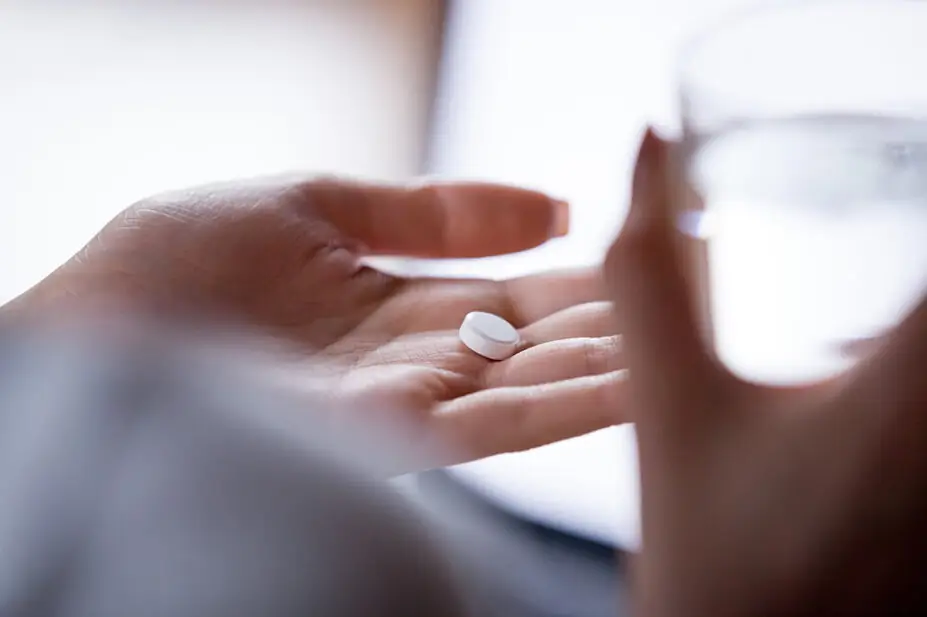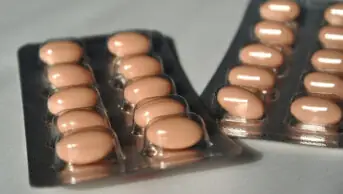
Shutterstock.com
The Medicines and Healthcare products Regulatory Agency (MHRA) has set out conditions around topiramate prescribing that must be met before women of childbearing potential can be prescribed the drug.
In a drug safety update, published on 20 June 2024, the MHRA announced a new ‘Pregnancy Prevention Programme’ (PPP) for topiramate prescribing, in which all women of childbearing potential must use highly effective contraception, have a negative pregnancy test, and be aware of its risks before starting treatment.
For existing patients on topiramate, prescribers are asked to “identify all women and girls of childbearing potential on topiramate and invite them in for review”.
The PPP follows a major safety review of the drug by the Commission on Human Medicines (CHM). The review looked at data from an international observation study of 4.5 million children, which found that topiramate was associated with an increased risk of autism, developmental disorders and learning difficulties among babies exposed to the medicine during their mother’s pregnancy.
In October 2023, the UK regulator told The Pharmaceutical Journal that it will also consider recommendations made by the European Medicines Agency, published in September 2023, as part of its ongoing safety review.
In a statement published alongside the drug safety update, the MHRA said that topiramate should “already not be used during pregnancy for migraine” and that it “should not be prescribed to treat epilepsy during pregnancy unless there is no suitable alternative treatment”.
“In order to fulfil the conditions of a PPP, women of childbearing potential must use effective birth control throughout treatment and take a pregnancy test prior to starting topiramate,” it said.
According to the latest data published by NHS England in March 2024, 189 women were prescribed topiramate during pregnancy between April 2023 and September 2023 — a significant decrease compared with the 394 pregnant women who were prescribed topiramate between April 2022 and March 2023.
Commenting on the new measures, Alison Fuller, director of health improvement and influencing at Epilepsy Action, said: “From some of our previous research, we know not enough women were having conversations about the risks some anti-seizure medications pose to pregnancy.
“The inclusion of topiramate in the Pregnancy Prevention Programme should at least ensure that these conversations are happening.”
Ley Sander, medical director at the Epilepsy Society and Professor of Neurology at UCL, said that while the new safety measures are important, they also “underline the challenges faced by women with epilepsy who want to start a family”.
“There are only two drugs — lamotrigine and levetiracetam — which are thought to be safer during pregnancy, but these may not be the drugs that will best control their seizures. And seizures during pregnancy can present their own risks to the mother and baby,” he said.
“Ever since the CHM highlighted the increased risk of some epilepsy medications, including topiramate, for an unborn child and the lack of data around the safety of others, the Epilepsy Society has been calling for more research to understand at an individual level, which drugs will be safest for which women and their baby.
“This is an area that desperately needs addressing. Otherwise, there is a danger that while mitigating for one risk, we are opening the door to another. We need to be far more strategic in our thinking to safeguard tomorrow’s parents and children.”
Claire Anderson, president of the Royal Pharmaceutical Society, said: “For women of childbearing age taking topiramate, strict adherence to the new pregnancy prevention programme is crucial.
“Women taking topiramate for epilepsy, who are pregnant or planning to become pregnant, should not stop taking topiramate and should make an urgent appointment with their prescriber.”
“Patient safety is at the heart of everything a pharmacist does. Pharmacists can help by supporting and educating patients around any risks, ensuring they follow contraception guidance, providing the patient card to all female patients dispensed topiramate, and ensuring patients receive whole packs wherever practically possible,” she said.
The safety of anti-seizure medicines has been an ongoing concern since 2015, when the MHRA issued a drug safety update highlighting the risks associated with sodium valproate, which was followed by the introduction of a PPP for its use in 2018.
In February 2024, Henrietta Hughes, the patient safety commissioner for England, recommended compensation for thousands of children harmed by valproate.


